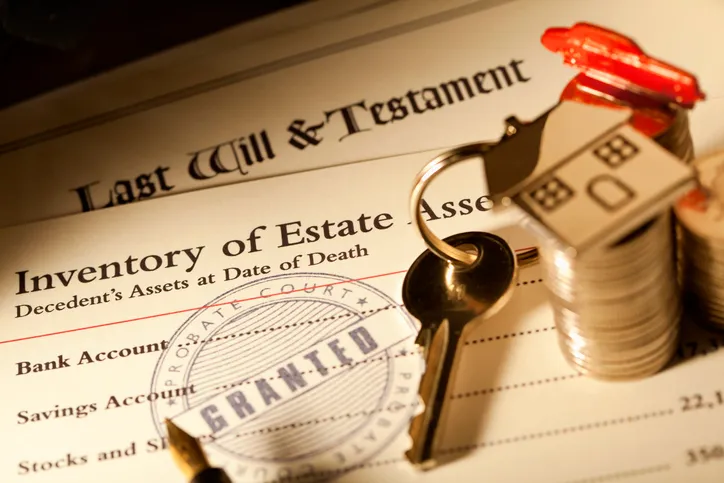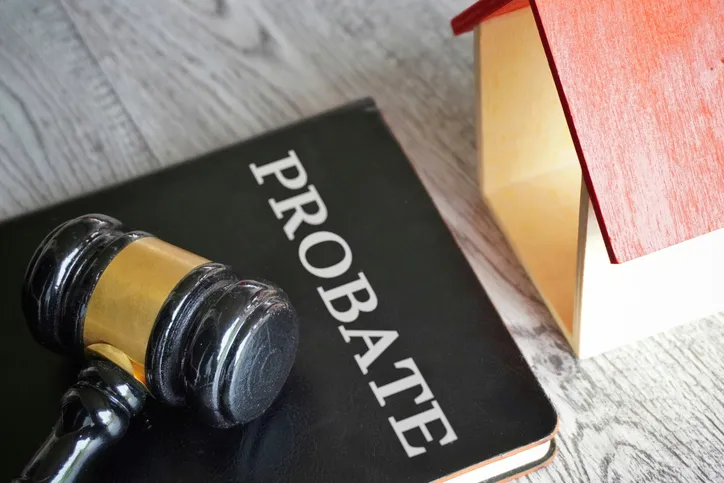Probate is the legal process through which a deceased person’s assets are distributed to their beneficiaries. Whether you’re preparing to manage the estate of a loved one, or want to set up your own estate to avoid probate, it’s important to understand the associated costs. How much probate costs in Pennsylvania varies depending on the complexity of the estate and the need for professional assistance, among other factors. Knowing what to expect in terms of costs can help you plan ahead and avoid any financial surprises. This is not only important for executors and administrators, but also beneficiaries who may be impacted by the costs deducted from the estate’s value.
Are you looking to set up an estate for your heirs, or have other estate planning questions? Consider reaching out to a financial advisor.
What Is the Cost of Probate in PA?
How much probate costs in Pennsylvania depends on a variety of factors, including court fees, attorney fees and other administrative expenses. The total cost of probate can vary depending on the size and complexity of the estate. Below are some of the fees that you can expect to pay as part of going through probate in Pennsylvania:
- Court fees: These are the basic fees paid to the court for filing probate documents and processing the estate. In Pennsylvania, court fees can range from a few hundred to several thousand dollars, depending on the estate’s value.
- Attorney fees: Depending on the complexity of the estate, it might be necessary to hire a probate attorney to navigate the legal requirements. Attorney fees can be charged hourly, or as a percentage of the estate’s value. Hourly rates typically range from $150 to $650 per hour, while the percentage fee can be 2% to 5% of the estate’s value.
- Executor fees: The executor, or personal representative, is entitled to a fee for their services. In Pennsylvania, this fee is a percentage of the estate’s value, ranging from 1% to 5%.
- Additional costs: Other potential costs include appraisal fees, publication fees for public notices, and costs related to the sale of estate assets.
Given these potential costs and the amount of work that may be required, many people choose to hire a probate attorney to ensure that the process is handled correctly and efficiently. However, it’s important to weigh the cost of legal assistance against the complexity of the estate, taking into account the potential savings from avoiding mistakes and delays.
The Process for Probate in Pennsylvania

The probate process in Pennsylvania typically involves these five steps:
- Filing the will and petitioning for probate: The executor must file the will and a petition for probate with the local Register of Wills. This initiates the probate process and establishes the executor’s authority.
- Notifying heirs and creditors: The executor is responsible for notifying all heirs and creditors of the estate. This includes publishing a notice in a local newspaper to inform potential creditors.
- Doing an inventory and appraisal of assets: The executor must inventory all assets of the estate and obtain appraisals if necessary. This helps determine the total value of the estate.
- Paying debts and taxes: The executor must use estate funds to pay off any debts and taxes owed by the estate. This includes both state and federal taxes.
- Distributing assets: After the executor pays any debts and taxes, they’ll distribute the remaining assets among beneficiaries according to the will, or state law if there is no will.
Frequently Asked Questions About the Cost of Probate in PA
How Long Does Probate Take in Pennsylvania?
The duration of probate in Pennsylvania can vary. For simple estates, probate can be completed in a few months. However, for more complex estates, the process can take a year or more, especially if there are disputes among beneficiaries or creditors.
How Long Do You Have to File for Probate After Death?
In Pennsylvania, there is no strict deadline for filing for probate after death. However, it is generally advisable to file as soon as possible to begin the process of settling the estate. Delays can lead to complications, such as difficulty in locating assets or dealing with creditors.
How Can You Avoid Probate in Pennsylvania?
There are several ways to avoid probate in PA, including setting up a living trust, designating beneficiaries on retirement accounts and life insurance policies, and holding property jointly with rights of survivorship. These methods can help ensure that assets are transferred directly to beneficiaries without going through the probate process.
Bottom Line

Understanding the cost of probate in PA and how the process works can help you manage or benefit from an estate. By being aware of the potential expenses and steps involved, executors and beneficiaries can be ready for the financial and administrative responsibilities that come with probate. If you’re putting together an estate, you can also explore options to avoid probate altogether. This can not only save time and money, but also ensure a smoother transition of assets to loved ones.
Estate Planning Tips
- Consider whether a trust should be part of your estate plan, along with a will. Assets transferred to a trust aren’t subject to the probate process. A financial advisor can offer advice on whether a trust is right for you and which assets you might want to hold in the trust. Finding a financial advisor doesn’t have to be hard. SmartAsset’s free tool matches you with financial advisors who serve your area. You can interview your advisor matches at no cost to decide which one is right for you. If you’re ready to be matched with local advisors that will help you achieve your financial goals, get started now.
- You can minimize the chances of your own will being challenged after you pass away by working with an estate planning attorney to draft one. Your attorney can go over the state inheritance and will laws to make sure the document you create is legal and as immune from challenge as possible.
Photo credit: ©iStock.com/mohd izzuan, ©iStock.com/stocknshares, ©iStock.com/seb_ra
